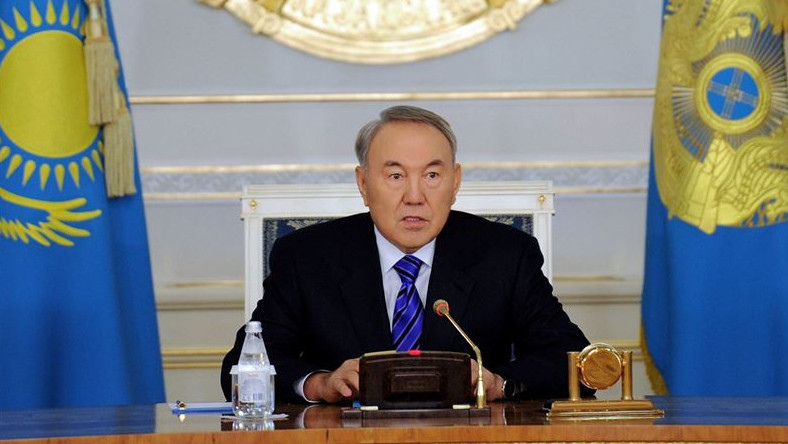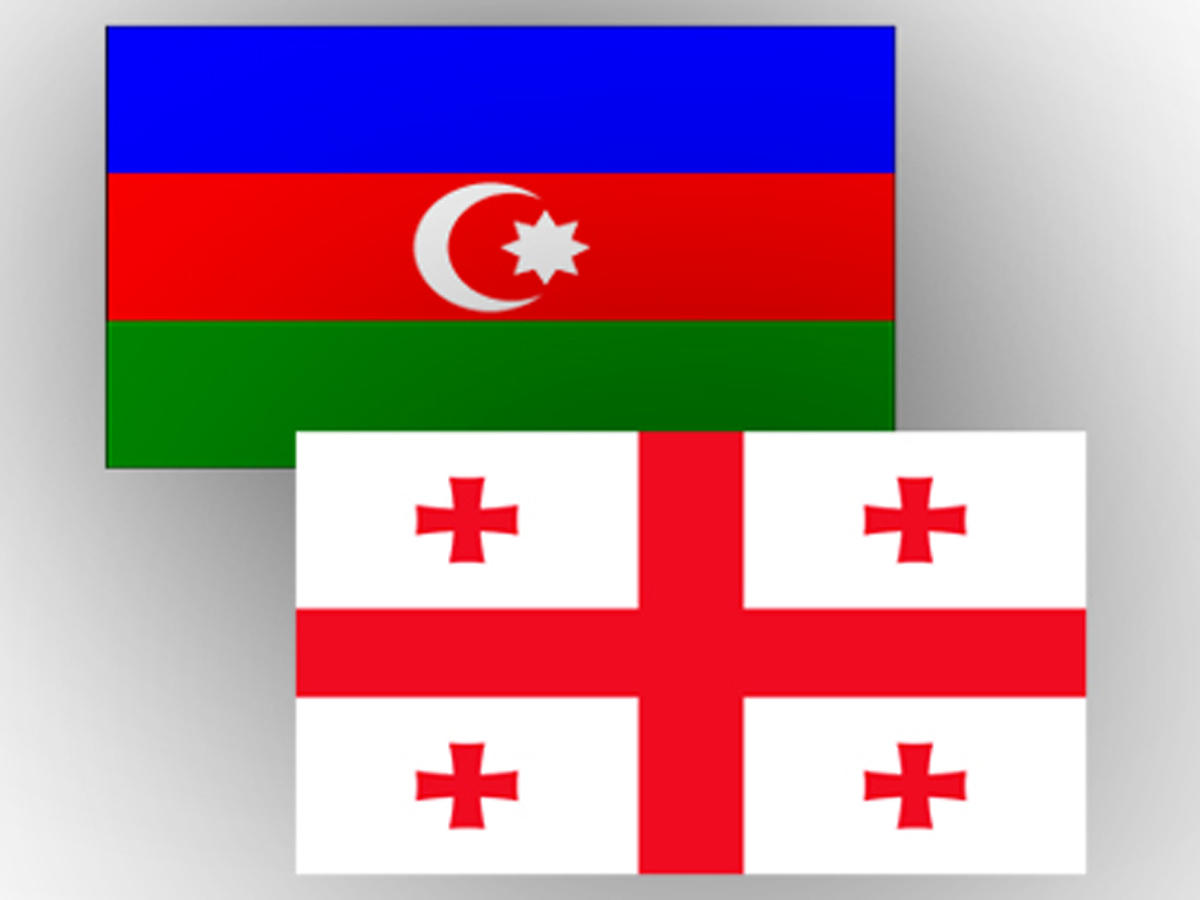The Guardian (20 March 2019)
The former Bosnian Serb leader Radovan Karadžić will hear the final judgment on his role in the bloody conflict that tore his country apart a quarter of a century ago.
In one of the last remaining cases from the break-up of Yugoslavia, UN judges in The Hague will rule on Karadžić’s appeal against his 2016 conviction for genocide and war crimes, and his 40-year sentence.
Karadžić, 73, once the most powerful Bosnian Serb political figure, was notorious for his role in the 1995 Srebrenica massacre, the worst bloodletting on European soil since the second world war.
About 100,000 people eventually died and 2.2 million others were left homeless in the brutal three-year war that pitted Muslims, Serbs and Croats against each other.
“I think this verdict is historical for justice,” said Munira Subašić of the Association of Mothers of Srebrenica, adding that they wanted Karadžić to get a full life sentence.
She said: “If Karadžić does not get what he deserves it means that there is no justice in this world and that it is possible to commit crimes without risking penalties.”
The ruling is due to start at 1pm GMT at the UN’s international residual mechanism for criminal tribunals, which deals with cases left over from now-defunct courts for the former Yugoslavia and Rwanda.
Karadžić’s case still bitterly divides the country he helped drive to war, with widows of Srebrenica hoping he dies in prison even as Bosnian Serbs have honoured him with a university dorm in his name.
The decision also comes at a crucial time for international courts as they come under attack from quarters including the administration of the US president, Donald Trump, and are reeling after a series of mistrials.
The hunt for Radovan Karadžić, ruthless warlord turned ‘spiritual healer’
Karadžić’s lawyer, Peter Robinson, said his client “fervently believed that the trial chamber judgment was wrong and the product of an unfair trial”. Robinson described Karadžić as “an optimistic person by nature.”
In 2016, Karadžić was found guilty on 10 counts including orchestrating a nearly four-year siege of the Bosnian capital Sarajevo, where more than 10,000 people died in a campaign of sniping and shelling, according to prosecutors.
He was also found guilty of genocide in Srebrenica, where Bosnian Serb troops slaughtered more than 8,000 Muslim men and boys in the eastern Bosnian enclave, which was supposed to be under UN protection, and buried their bodies in mass graves.
Karadžić, a poet and psychiatrist turned ruthless political leader, has appealed against the sentence on 50 grounds and accused judges of conducting a “political trial” against him.
He represented himself at his trial, with Robinson’s assistance.
Prosecutors, however, said Karadžić and others including his military alter ego, the former Bosnian Serb army commander Ratko Mladić, wanted to “permanently remove Muslims and Croats” from territory claimed by Bosnian Serbs at the time.
United Nations prosecutors also asked judges to reverse his acquittal on a second charge of genocide in Bosnia’s municipalities and hand him a life sentence.
Mladić, 76, dubbed the “Butcher of Bosnia”, is currently appealing against a life sentence on similar charges. He has previously refused to testify at Karadžić’s trial, calling the UN tribunal “satanic”.
The former Serbian president Slobodan Milosevic, Karadžić’s long-time patron during the war, was on trial in The Hague until his death in 2006.
https://www.theguardian.com/law/2019/mar/20/radovan-karadzic-faces-final-verdict-in-bosnia-war-crimes-case
No comments yet.
-
 NAZARBAYEV TO REMAIN SECURITY COUNCIL CHAIRMAN, NUR OTAN PARTY LEADER
Asia - Pacific
20.03.2019
NAZARBAYEV TO REMAIN SECURITY COUNCIL CHAIRMAN, NUR OTAN PARTY LEADER
Asia - Pacific
20.03.2019
- RADOVAN KARADŽIĆ FACES FINAL VERDICT IN BOSNIA WAR CRIMES CASE The Balkans 20.03.2019
- BREXIT ECLIPSES CLIMATE TALKS IN LEAKED EU SUMMIT DRAFT Europe - EU 20.03.2019
- PASHINYAN CANCELS DIALOGUE WITH ALIYEV IN MUNICH - SENSATIONAL STATEMENT BY AZERBAIJAN'S AMBASSADOR TO GERMANY The Caucasus and Turkish-Armenian Relations 20.03.2019
-
 TRADE WITH GEORGIA EXCEEDS $184 MILLION
The Caucasus and Turkish-Armenian Relations
20.03.2019
TRADE WITH GEORGIA EXCEEDS $184 MILLION
The Caucasus and Turkish-Armenian Relations
20.03.2019
-
25.01.2016
THE ARMENIAN QUESTION - BASIC KNOWLEDGE AND DOCUMENTATION -
12.06.2024
THE TRUTH WILL OUT -
27.03.2023
RADİKAL ERMENİ UNSURLARCA GERÇEKLEŞTİRİLEN MEZALİMLER VE VANDALİZM -
17.03.2023
PATRIOTISM PERVERTED -
23.02.2023
MEN ARE LIKE THAT -
03.02.2023
BAKÜ-TİFLİS-CEYHAN BORU HATTININ YAŞANAN TARİHİ -
16.12.2022
INTERNATIONAL SCHOLARS ON THE EVENTS OF 1915 -
07.12.2022
FAKE PHOTOS AND THE ARMENIAN PROPAGANDA -
07.12.2022
ERMENİ PROPAGANDASI VE SAHTE RESİMLER -
01.01.2022
A Letter From Japan - Strategically Mum: The Silence of the Armenians -
01.01.2022
Japonya'dan Bir Mektup - Stratejik Suskunluk: Ermenilerin Sessizliği -
03.06.2020
Anastas Mikoyan: Confessions of an Armenian Bolshevik -
08.04.2020
Sovyet Sonrası Ukrayna’da Devlet, Toplum ve Siyaset - Değişen Dinamikler, Dönüşen Kimlikler -
12.06.2018
Ermeni Sorunuyla İlgili İngiliz Belgeleri (1912-1923) - British Documents on Armenian Question (1912-1923) -
02.12.2016
Turkish-Russian Academics: A Historical Study on the Caucasus -
01.07.2016
Gürcistan'daki Müslüman Topluluklar: Azınlık Hakları, Kimlik, Siyaset -
10.03.2016
Armenian Diaspora: Diaspora, State and the Imagination of the Republic of Armenia -
24.01.2016
ERMENİ SORUNU - TEMEL BİLGİ VE BELGELER (2. BASKI)
-
AVİM Conference Hall 24.01.2023
CONFERENCE TITLED “HUNGARY’S PERSPECTIVES ON THE TURKIC WORLD"









